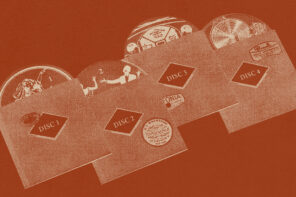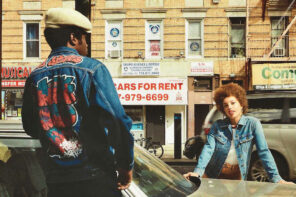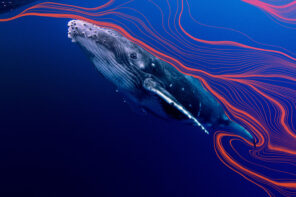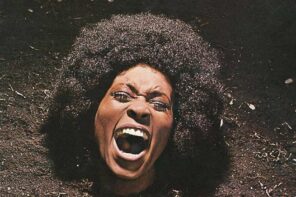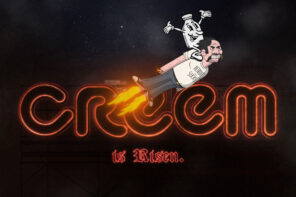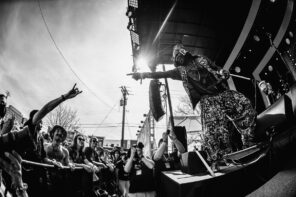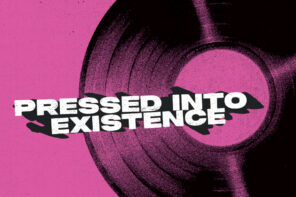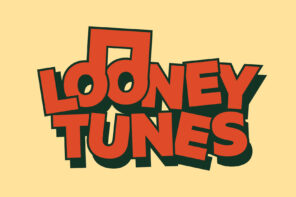A Raven + Crow Mixtape and an Interview with Frank from Algiers
Troy from Raven + Crow Studio regularly shares his playlists and thoughts with us monthly (more or less—when we can pull it together to interview him about the whatever themes are going on or sometimes whatever pops into our heads). Anyway, this is all to say that in the wake of the BLM protests he found a crowd-sourced list of black artists on Bandcamp who one could support on what was called “Bandcamp Day” (days when the service would waive its usual rev share and 100% of payment for music would go direct to artists). That list developed into something called Blackbandcamp (which is not affiliated with Bandcamp) and the next mix he presented was all artists from it.
Here’s that mix
By the way, here is when the next Bandcamp Friday will be if you want to support these artists.
Usually around this part, we’d have a conversation with Troy about how he made the mix, or ways he used to get directions to drive his band to gigs or what the difference between French vanilla and regular vanilla is. You get the idea. This time though, we didn’t have anything silly to annoy Troy with but he did have a terrific conversation with Franklin James Fisher of Algiers, whose band kicks of the mix above with these lyrics:
Run around, run away from your America
While it burns in the streets.
Troy and Frank talked about the meaning of the band’s song “Dispossession,” recorded last year but full of prescient lines that sound like a soundtrack to recent events, and the responsibility of artists to society vs. the other way around and hope for post-hashtag-BLM America. Nothing about flavors of ice cream though.
Troy: “Dispossession” sounds like something that was recorded literally yesterday. It just sounds so timely. I was wondering if you wouldn’t mind talking a little bit about it, and the idea behind it, and where it came from?
Frank: It’s a pretty old song at this point, I guess. I wrote that, the lyrics anyway, in the spring of 2018 and it’s an exercise really. It just kind of takes on a lot of the age of folk themes of, “They’re going to lose, and we’re going to win eventually” type of deal. It’s not really different from I guess, immediately what comes to mind, I guess would be, “When The Ship Comes In,” the Bob Dylan song?
It’s in that spirit. It’s much more ancient than Bob Dylan. It just goes back to your more folk tradition, and so forth. It was really just a summary of the spirit of Algiers, more of less, early, early on. When we first put out our first seven-inch, Ryan typed up a mission statement as it were, for who we were, and what we did as a band and so forth. In it, he said, “Have you named the sound of dispossession?” mainly referring to ourselves, as an answer for that question, and I thought it would be an interesting exercise to write a song in that vein.
But the theme’s, as with a lot of our music, it’s very global and it deals with, in terms of politics and culture, it deals with civic issues and things that have been going on for ages. Maybe it just seems particularly poignant right now because America seems to be cruising towards a time of reckoning. But yeah, it’s interesting to see those types of things come into fruition.
We never really know what it is exactly that touches us in terms of a muse, or what have you, when we create something. You just hope that you can channel something—like a certain energy—and that energy that I guess we’ve been tapping into for quite a while has been amplifying ever since we started, and it’s an interesting show of symbiosis, I suppose.
Troy: Interesting that you put it that way, that it’s going back to the beginnings of the band. I don’t know how many bands start with a mission statement. Pretty impressive.
Frank: You got to have one.
Troy: I didn’t realize it at first—your band’s name is actually even referencing some of the same ideas. Is it?
Frank: Yeah, absolutely. Ryan wanted to have the name reference a cross section, or cross pollination, of ideas. I think the best way that we found to embody that, was in the city of Algiers, as the site as the first modern resistance against colonialism, and looking at all of the Leftist movements that were based out of Algiers, and it became a sort of internationalism that occurred as a result of that.
Now, a lot of our songs do have a political consciousness, although we’re not a political band. It does very much take account of the sort of colonization that occurs—not just on a literal level, but on a symbolic one, and in terms of culture and appropriation. In terms of who is pushed to the margins. In terms of who has a voice to speak in the mainstream.
When we started the band, we were living in three different cities, in three different countries. It was just this idea that we were displaced, and we didn’t have a particular home, or seed from which we came. I was living in France, and Ryan was in London. We lived in Atlanta, and we’d be shifting around for ages ever since then.
So it’s all of those things. The Battle of Algiers. What you may surmise from that. It’s this whole confluence of ideas, and theories, and philosophies, and an overlap of those things, and the struggle of those things, and the tension of those things.
Troy: You said you don’t consider yourself a political band, and that was a question I wanted to avoid asking, because it’s such a kind of tired question, and it’s rooted in the whole idea of putting responsibility on people who have a voice, or who are making art, and then that question, “Do they have a responsibility to do these things, or is it something that…?” I don’t know, I’ve always thought that was a backwards way of thinking about that.
The culture is just a reflection of what is happening in society, it’s not the other way around.
Frank: Yeah, I totally agree with that. I think as individuals, as people, we all have a responsibility to do something about that, because you do the work in how you live. The culture is just a reflection of what is happening in society, it’s not the other way around. It’s not like society takes its cues from the art that’s produced. The art is produced as a result of where the culture is.
Troy: It does feel like something’s different now, I hope. I mean, I think a lot of people hope that this is not just something that’s going to pass… But this speaking out, and this listening, and all of this discourse, is something different than it was before. But, maybe not everyone agrees with that.
Frank: It’s good to be optimistic about those things, and metaphorically, we had to have our toys taken away in order to pay attention as a society, to what has been happening for the longest time. But hopefully when the restaurants and bars up, we won’t see this massive drop in the so-called political consciousness that has found its way into everybody’s Instagram feeds.


